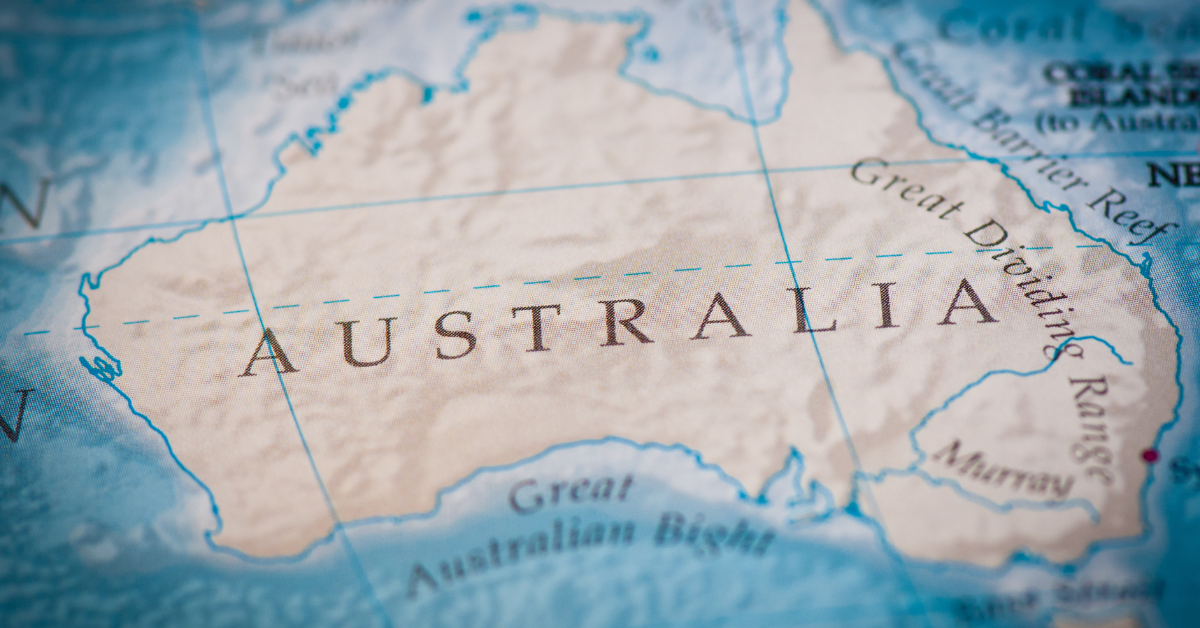Many Japanese learners are puzzled by why Australia is called 豪州 instead of オーストラリア in formal Japanese. This article explains the historical background, Chinese influence, and linguistic logic behind this kanji abbreviation. Understanding this allows learners to grasp how kanji abbreviations are rooted in Japanese writing culture and used widely in official contexts.
THE ORIGIN OF 豪州 FOR AUSTRALIA
HISTORICAL BACKGROUND OF 豪州
In Japanese, Australia is often written as 豪州 instead of オーストラリア. This abbreviation has a historical background linked to Chinese transliteration. Originally, Australia was transcribed in Chinese as 澳大利亞. However, due to its complexity, Japanese scholars adopted an abbreviation for practicality. In classical Chinese documents, 澳 was read as オウ in Japanese, but 豪 was also used as it represented a similar sound component in 豪斯特拉利亞, another historical transcription. The suffix 州 meaning state or continent is commonly attached. Thus, 豪州 combines 豪 and 州, forming a concise abbreviation that aligns with Japanese conventions of representing foreign countries with kanji carrying meaning and sound approximation.
KANJI ABBREVIATIONS IN JAPANESE COUNTRY NAMES
WHY JAPANESE USE KANJI FOR COUNTRY NAMES
Japanese writing frequently uses kanji abbreviations for country names in newspapers, official documents, and academia to ensure brevity and preserve traditional aesthetics. While オーストラリア is common in daily conversation, 豪州 is used in formal writing because it is visually compact and carries historical nuance.
COMPARISON TABLE OF KANJI ABBREVIATIONS
| Country | Kanji Abbreviation | Katakana Name |
|---|---|---|
| United States | 米国 | アメリカ |
| Australia | 豪州 | オーストラリア |
| Germany | 独国 | ドイツ |
| France | 仏国 | フランス |
| United Kingdom | 英国 | イギリス |
| Russia | 露国 | ロシア |
| China | 中国 | チュウゴク |
| South Korea | 韓国 | カンコク |
Each abbreviation derives from classical Chinese transliterations or kanji approximating country names phonetically or semantically.
ADDITIONAL EXAMPLES OF ABBREVIATIONS
| Kanji | Meaning | Example Usage |
|---|---|---|
| 韓 | Korea | 韓国 (South Korea) |
| 朝 | North Korea | 朝鮮 |
| 台 | Taiwan | 台湾 |
| 比 | Philippines | 比律賓 |
| 泰 | Thailand | 泰国 |
This table shows Asian country abbreviations, highlighting the wide use of single-character kanji in Japanese geopolitics and journalism.
THE LINGUISTIC LOGIC BEHIND 豪州
HOW 豪 BECAME THE CHARACTER FOR AUSTRALIA
The kanji 豪 generally means magnificent, luxurious, or heroic. In 豪州, its selection was based on phonetic approximation rather than literal meaning. During Meiji and Taisho periods, 豪斯特ラリア represented Australia phonetically. 豪 was extracted for ease of writing, with 州 meaning continent or state, as in 北米 (North America) and 南米 (South America). Combining 豪 and 州 results in 豪州, referring to Australia as the magnificent continent figuratively while preserving sound accuracy.
PHONETIC APPROXIMATION VS SEMANTIC MEANING
| Abbreviation | Phonetic Basis | Semantic Basis |
|---|---|---|
| 豪州 | 豪 | 州 (continent) |
| 米国 | 米 (from 亜米利加) | 国 (country) |
| 独国 | 独 (ドイツ) | 国 (country) |
| 仏国 | 仏 (佛蘭西) | 国 (country) |
This table clarifies how Japanese combines phonetics and meaning to construct practical yet culturally embedded abbreviations.
THE CULTURAL SIGNIFICANCE OF KANJI ABBREVIATIONS
WHY THESE ABBREVIATIONS ARE STILL USED TODAY
Despite the rise of katakana in modern Japanese, kanji abbreviations remain integral in journalism, government documents, and academia. They provide brevity, cultural nuance, and historical continuity. For example, 豪州 in headlines saves space while conveying formality. 米国, 独国, and 英国 appear concise and authoritative.
FORMALITY LEVELS OF COUNTRY NAME USAGE
| Usage Context | Preferred Form |
|---|---|
| Daily conversation | Katakana (e.g. オーストラリア) |
| News headlines | Kanji abbreviations (e.g. 豪州) |
| Academic papers | Kanji abbreviations |
| Government reports | Kanji abbreviations |
This table shows that kanji abbreviations indicate higher formality and professional contexts compared to katakana.
DIFFERENCES BETWEEN KATAKANA AND KANJI ABBREVIATIONS
| Feature | Katakana | Kanji Abbreviations |
|---|---|---|
| Length | Longer | Shorter |
| Formality | Casual | Formal |
| Visual impact | Light | Heavy, authoritative |
| Origin | Phonetic English | Chinese transliteration |
Understanding these differences is essential for reading newspapers, academic texts, and formal publications in Japanese.
CONCLUSION
In conclusion, 豪州 is used for Australia because it combines 豪, derived from Chinese transcriptions, with 州 meaning continent. This reflects Japan’s practice of using kanji abbreviations for country names to enhance readability, formality, and cultural connection with Chinese linguistic systems. Understanding such abbreviations helps learners appreciate the depth and efficiency of Japanese writing conventions in historical and modern contexts. Furthermore, it equips readers to engage with news, official documents, and academic publications with confidence, deepening their linguistic and cultural literacy essential for professional and educational success in Japanese contexts.






